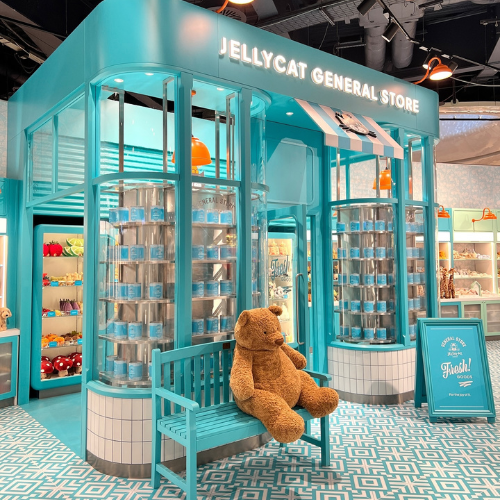Independent retailers have weathered one of their most challenging years in 2024, with multiple headwinds affecting the sector, according to the British Independent Retailers Association (Bira).
With pressures mounting throughout the year, they have faced an increasingly difficult trading environment marked by changing consumer behaviour and economic uncertainties.
“2024 has presented unprecedented challenges for independent retailers,” states Bira’s ceo Andrew Goodacre. “Consumer spending on non-food items has declined significantly, while persistent footfall problems and fragile consumer confidence have impacted high streets nationwide. Despite inflation coming under control, interest rates are falling slowly, affecting both business and consumer spending.”
He continues: “The retail landscape has become increasingly competitive, with large chains implementing deeper and longer discount periods. The rise of ultra-fast fashion retailers has created additional pressure on margins, whilst deflation on non-food items has further squeezed profits,” he added.

He adds that the sector has also grappled with retail crime, with Bira’s latest survey showing 78.79% of businesses reporting increased frequency or severity of theft incidents.
Research from PwC earlier this year also highlighted the scale of the challenge, with 6,945 outlets shutting – equating to 38 store closures per day, up from 36 per day in 2023. The figure outnumbered the rate of new store openings, which rose modestly to 4,661, averaging 25 openings each day.
Added Andrew: “The key difficulties independent retailers are grappling with include low consumer demand, as consumer confidence remains fragile and shoppers are highly value-focused. Independent shops struggle to compete on price as large chains are able to discount more deeply and for longer periods.”
Looking ahead to 2025, he said that retailers face new challenges. “Medium-sized retailers will see a significant increase in employment costs, while thousands of smaller retailers will be hit with higher business rates as relief drops from 75% to 40%.”
However, he nevertheless sees reasons for optimism, adding: “We expect 2025 to bring some positive changes. Wages are set to rise faster than inflation, which should boost consumer spending. Both inflation and interest rates should continue to fall, helping to rebuild consumer confidence.
“The circular economy presents a growing opportunity for independent retailers, and with economic growth set to improve, we anticipate better trading conditions. While challenges remain, independent retailers who stay adaptable and resilient will find opportunities in the year ahead.”
Top: Bira predicts that 2025 will be a mixed year for retailers.


























